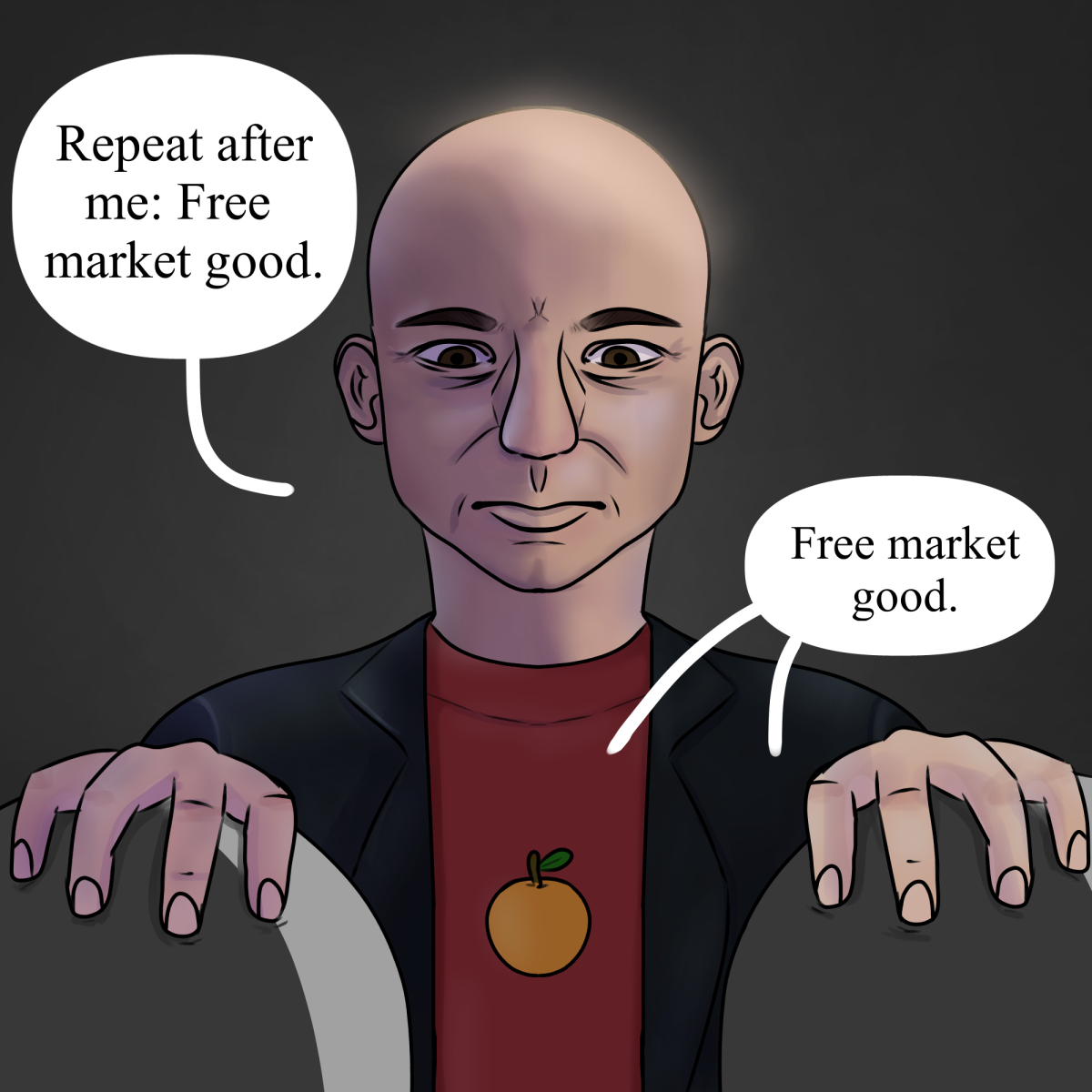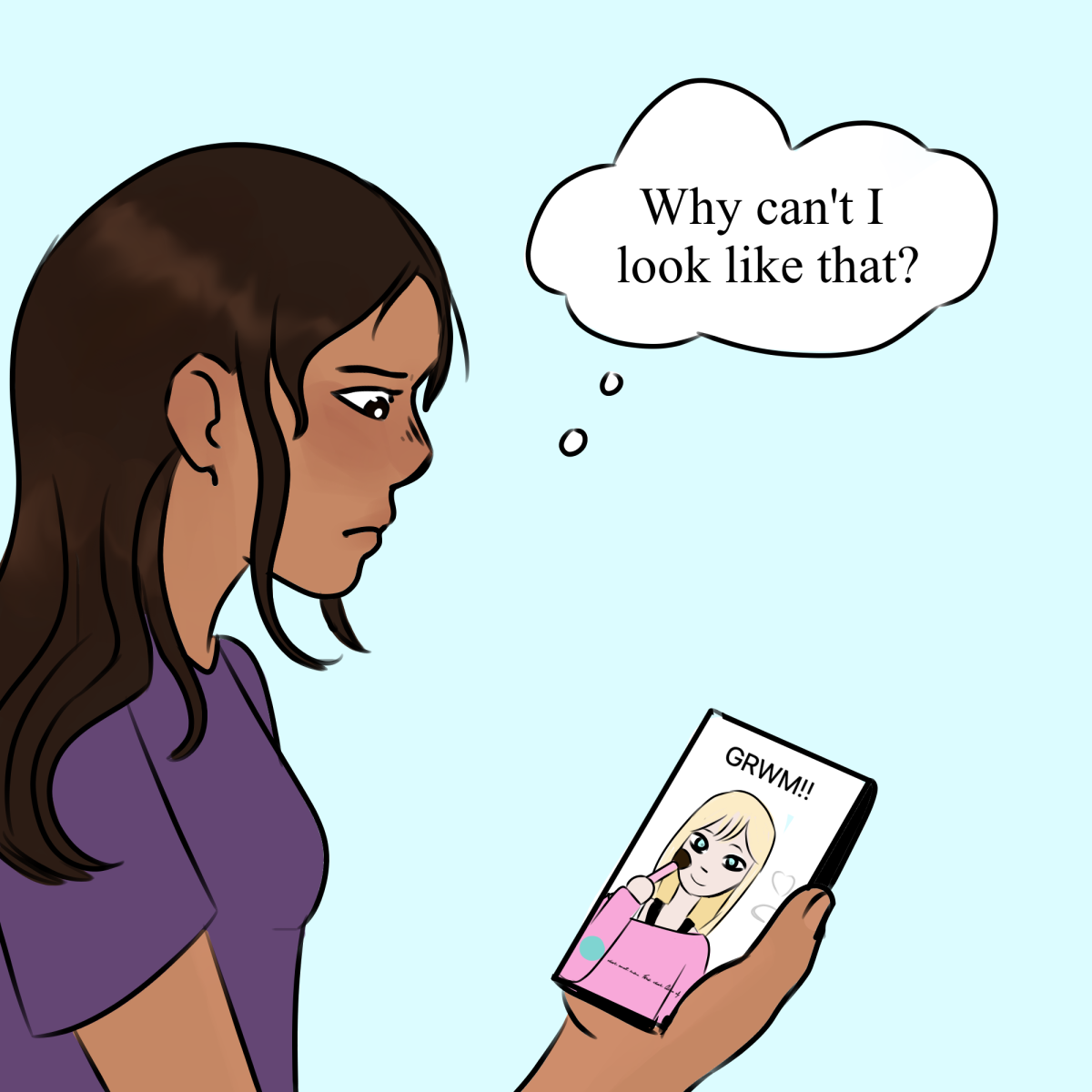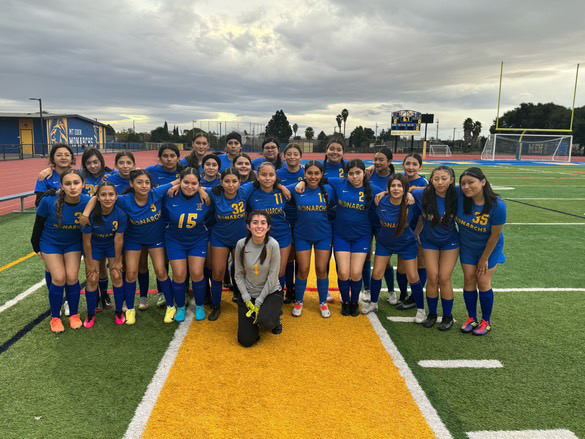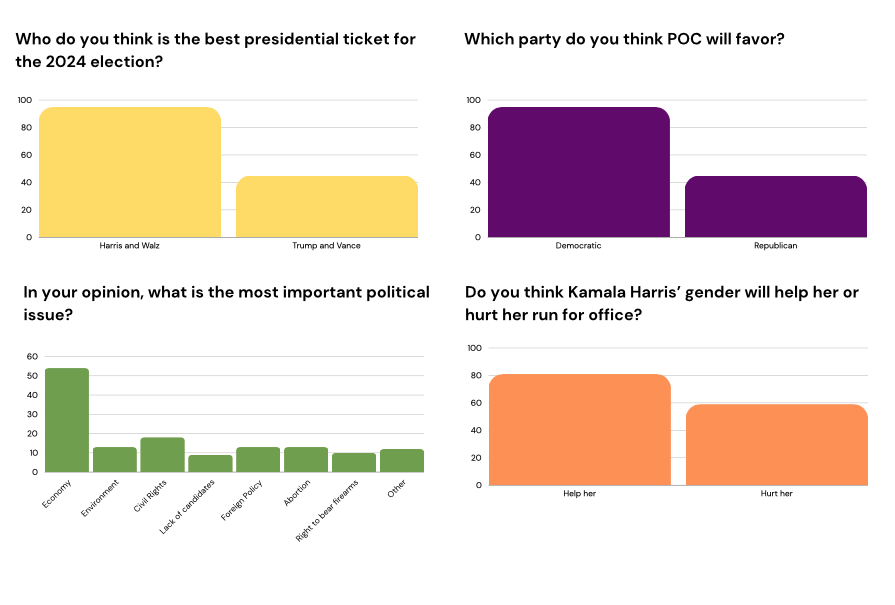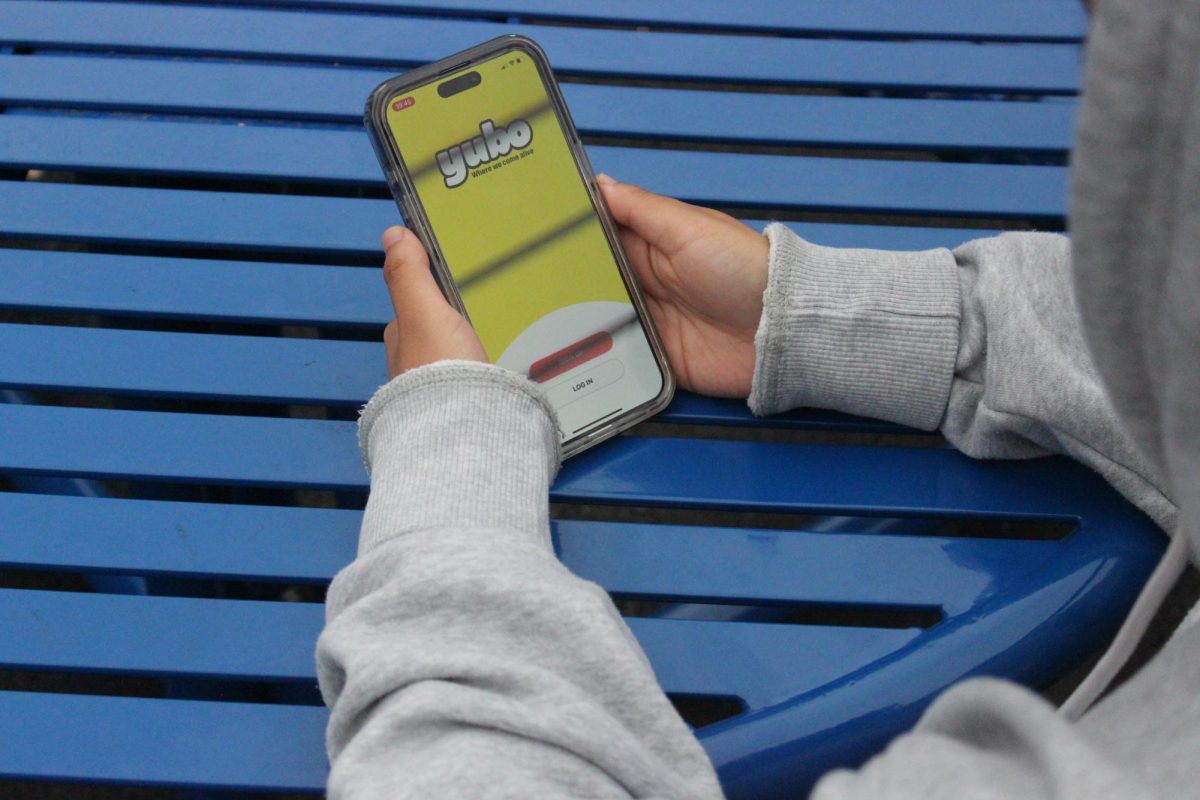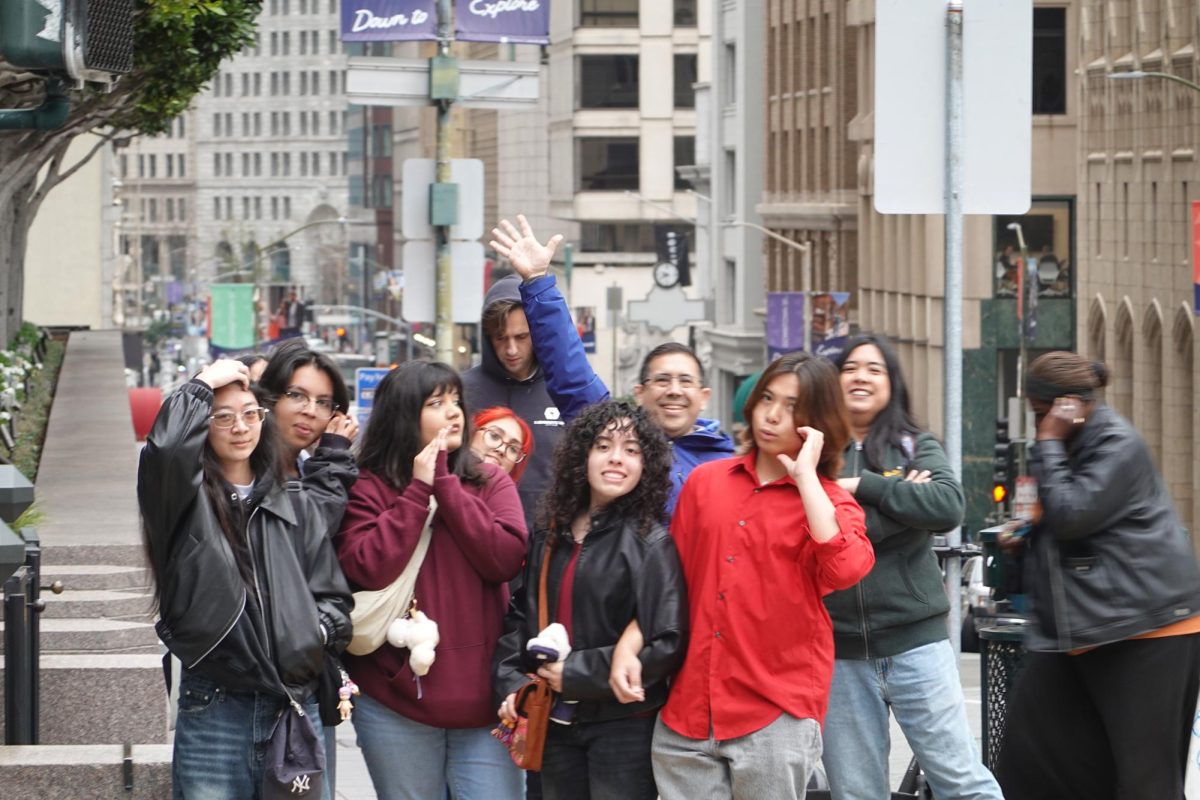Dating apps have revolutionized the way people meet and interact, and this revolution has not left out teenagers. Although most of these apps have an 18 year age requirement, the reality is that many teenagers still use them. Studies suggest that there has been an increase in the use of dating apps among adolescents, driven by the normalization of social relationships.
Teenagers are not only looking for romantic partners on these apps, but also use them to expand their social circle, combat shyness or simply just out of curiosity. In addition, the use of dating apps can be a stage of personal discoveries, providing a space to explore one’s identity, sexual orientation and other preferences in relationships.
However, influences of these apps can affect the self-esteem of adolescents, both positively and negatively. Validation through “matches” or “likes” can be rewarding, but it can also generate insecurities and anxiety about body image or social acceptance.
It is important to note the use of dating apps by teenagers carries risks such as cyberbullying, unwanted sexting, and exposure to inappropriate content and contact with those who lie about their age.
“I think it is a problem because as a teenager, I think we should concentrate on our studies,” said Mt. Eden senior Anne Valdez. “It can also create uncertainties between a stranger and a student because we don’t know if they are acting as an imposter or not.”
Parents or educators should know it is essential to establish open and non-judgmental conversations with adolescents about the use of the internet and dating apps. It is also crucial to inform them about potential dangers, the importance of protecting personal information, and how to effectively report any inappropriate situation.
Dating apps have become a social phenomenon, transforming the way people meet and interact. Positively, with dating apps comes breaking down geographical and social boundaries, having a diverse set of options in a partner and being in control of any interactions. On the negative side, online presentations can be idealized, risks of deception and fake profiles rise, and emotional dependence can easily foster from spending too much time swiping left and right.
Additionally, excessive use of these online dating platforms can cause difficulty in the lives of teenagers.
“I feel like they are a big distraction because at some point teenagers get distracted by these dating apps,” said Valdez.
Online communication can be superficial and make it difficult to create true and strong emotional bonds. It is important not to idealize virtual interaction, but instead seek real human contact.







